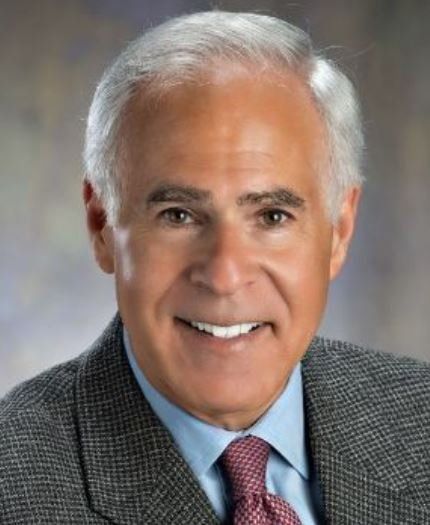American Heart Association Says Like Medicine, Benefits of Exercise Are Dose Dependent
When it comes to the benefits of exercise more is not always better. According to a scientific statement published February 26th, 2020 in the journal Circulation while exercise is associated with many positive health benefits, just like medicine, it’s possible to have too much of a good thing.
Dr. Franklin

When it comes to the benefits of exercise more is not always better. According to a scientific statement published February 26 in the journal Circulation while exercise is associated with many positive health benefits, just like medicine, it’s possible to have too much of a good thing.
“There is no question that moderate to vigorous physical activity is beneficial to overall cardiovascular health,” says Barry A. Franklin, Ph.D., director of preventive cardiology and cardiac rehabilitation at Beaumont Health in Royal Oak, Michigan. “However, like medicine, it is possible to underdose and overdose on exercise.”
Dr. Franklin chaired the writing committee for the statement which reviewed over 300 scientific studies. The committee concluded that while the benefits of exercise outweighed the risks for the vast majority of participants, for a small number of people engaged in high-volume or high-intensity exercise it did more harm than good. Specifically, the committee found that risk of sudden cardiac death among male marathon participants increased over time. In addition, half of all cardiac events occurred in the last mile of the race, and among participants in triathlons, almost 40% of cardiac events occurred in first time participants. One explanation is that events like marathons, triathlons have grown in popularity and are attracting an increasing number of competitors with inadequate training or undiagnosed cardiovascular conditions. However, the authors also reported emerging evidence that intense exercise training can lead to cardiac maladaptations such as increased risk of atrial fibrillation, coronary artery calcification, and myocardial fibrosis. The statement reports that the risk of atrial fibrillation is almost as high in very high-intensity athletes as it is in people who are sedentary. By contrast atrial fibrillation is reduced with moderate exercise. These findings have sparked debate over whether in some individuals intense exercise is harmful to the heart.
The goal of the statement, Franklin says, is to help patients and their doctors weigh the benefits and risks of vigorous exercise programs, “More is not always better and can lead to cardiac events, particularly when performed by inactive, unfit, individuals with known or undiagnosed heart disease.”
The authors say it’s important to remember adverse cardiac events are rare, and physicians should not discourage their patients from exercise. The risk of heart attack and sudden cardiac death is reduced by as much as half in physically active individuals, and it provides a multitude of health benefits including weight loss and lowered blood sugars in diabetic patients. But in contrast to previous clinical attitudes that all levels of exercise are healthy--there is sufficient evidence to suggest there is a point at which increasing the amount or intensity of exercise may actually cause a loss of health benefit. This may be true not only for the heart, but for diabetic management as well. Past studies have suggested that moderate exercise provides better blood sugar control than intense workouts.
The message for healthy patients interested in greatly increasing their physical activity is go slow, increase intensity gradually, and pay attention to cardiac symptoms. Physicians should evaluate and advise patients with cardiovascular disease according to the most recent AHA/ACC guidelines.
References:
Franklin BA, Thompson PD, Al-Zaiti SS, et al. Exercise-Related Acute Cardiovascular Events and Potential Deleterious Adaptations Following Long-Term Exercise Training: Placing the Risks Into Perspective-An Update: A Scientific Statement From the American Heart Association [published online ahead of print, 2020 Feb 26]. Circulation. 2020;CIR0000000000000749. doi:10.1161/CIR.0000000000000749
McGarrah RW, Slentz CA, Kraus WE. The Effect of Vigorous- Versus Moderate-Intensity Aerobic Exercise on Insulin Action. Curr Cardiol Rep. 2016;18(12):117. doi:10.1007/s11886-016-0797-7